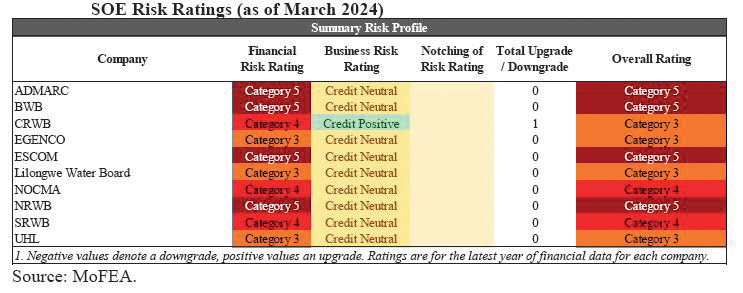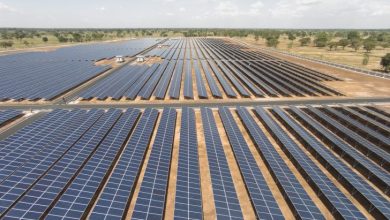US tariffs threaten Malawi’s export lifeline—Economists
Malawi’s export earnings and foreign exchange stability face increased risk as new United States tariff measures threaten to suppress global demand, weaken commodity prices and disrupt already fragile trade flows, a Commonwealth analysis has revealed.
The findings are contained in a 2025 International Trade Working Paper which models the impact of the US tariff escalation on Commonwealth economies.

The analysis shows that US imports from Malawi could fall by 27 percent under the universal 10 percent tariff regime, one of the sharpest projected declines among African countries.
The report notes that small, commodi t y-dependent economies such as Malawi are “least equipped to respond” to tariff shocks due to their undiversified export structures, concentrated product baskets and limited negotiating capacity.
Reacting to the report, Scotland-based Malawian economist Veri Nyirongo said the country’s vulnerability stems from its heavy dependence on raw agricultural exports such as tobacco, tea, sugar and oilseeds.
“Our export basket is dominated by unprocessed agricultural goods. That leaves us highly exposed to shifts in global trade conditions,” he said. “Even if Malawi isn’t directly targeted, any decline in global demand or commodity prices tightens liquidity, weakens the kwacha and makes it harder to finance essential imports.”
He recommended a two-track policy response: short-term measures to stabilise foreign exchange and manage export proceeds, and medium-term reforms to support value addition and industrialisation.
The tariffs have already drawn concern across Eastern and Southern Africa. In a statement released after the US announced the tariffs, the Common Market for Eastern and Southern Africa (Comesa) cautioned that eight of its member states— including Malawi—face serious trade challenges as the US tariff regime takes effect.
In a statement released immediately after the US announced the tariffs, Common Market for Eastern and Southern Africa (Comesa) cautioned that the new measures could trigger major supply and demand shocks across member economies, despite the United States not being a primary export destination for the region.
Countries perceived to be at risk included the Democratic Republic of the Congo, Libya, Madagascar, Malawi, Mauritius, Tunisia, Zambia and Zimbabwe.
To mitigate the fallout, Comesa is urging its members to pursue variable cooperative strategies, including open negotiations and binding agreements with East Asian and European partners to diversify export markets and reduce vulnerability.





